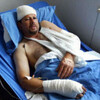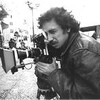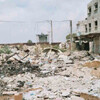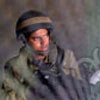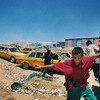
Rerouting Palestinian transit trade could cut costs, boost savings, says new UNCTAD study
22 April 2004
Even with the long seacoast of the Gaza Strip, the occupied Palestinian territory is effectively landlocked and almost completely dependent on Israeli transport facilities for participation in international trade. In addition, Israeli closure policy, security measures and control of the main borders and transport routes render Palestinian trade totally dependent on political and security developments. In a new study, UNCTAD shows that this situation will have to be overcome if the extremely high transport costs of Palestinian trade are to be brought down. Read more about Rerouting Palestinian transit trade could cut costs, boost savings, says new UNCTAD study

